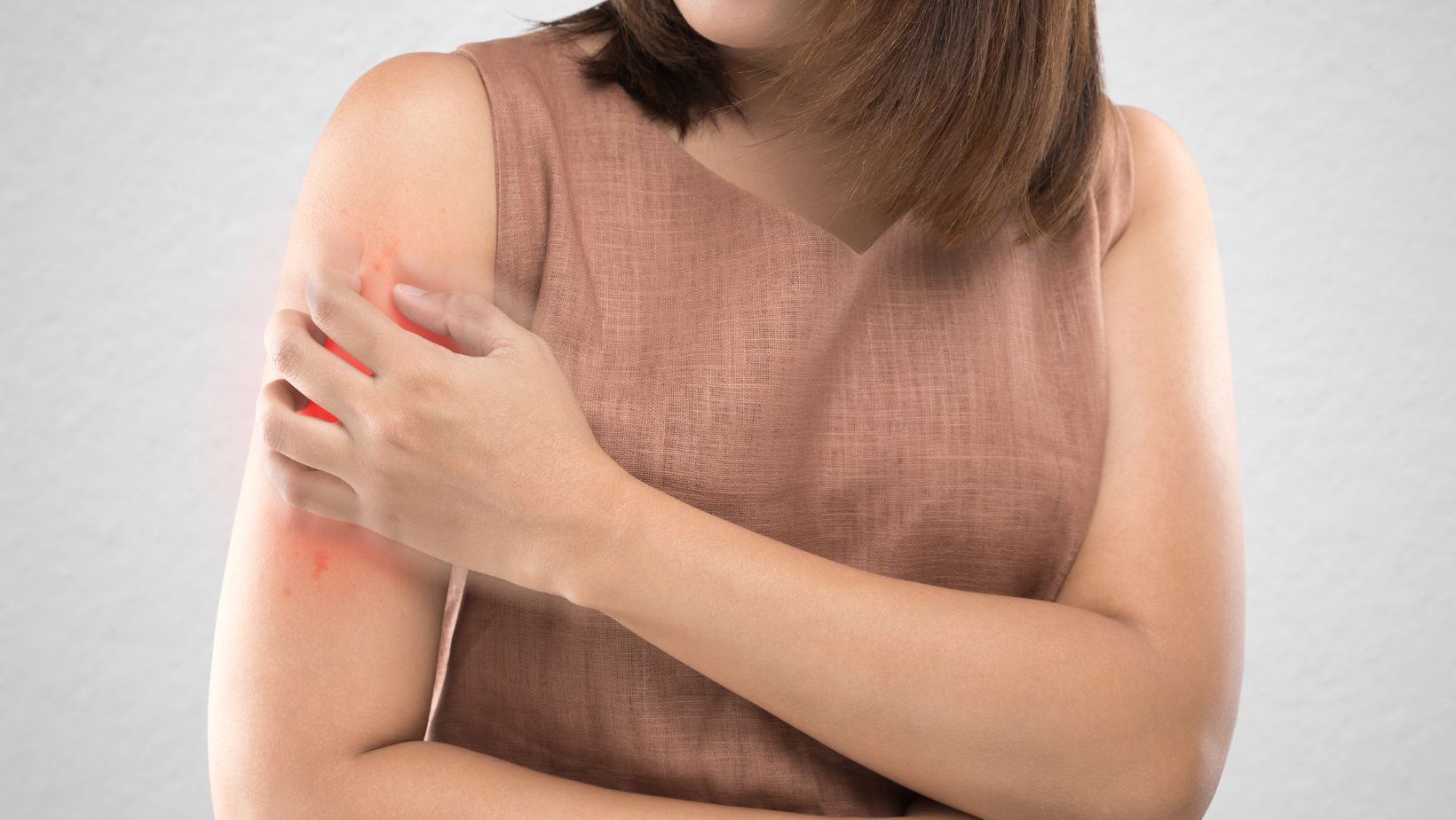
Did you know that midge bites cause allergic reactions? The redness and itchy feeling you get after a midge bite are actually an allergic reaction caused by the chemicals midges release when they bite you! If you suffer from constant midge bites and want to know how to prevent and repel midges, you’ve come to the right place.
This guide takes you through each stage of getting a midge bite. From what happens when you get bitten to an allergy to midge bites, treatment, and prevention, find out everything you need to know about handling midge bites right here.
Midges are not one type of fly; they are actually many different species of tiny flies. They can also be categorised as biting or non-biting midges. In Scotland alone, there are over 35 different species of biting midges.
Fun fact: only female midges bite! This is because they need blood to reproduce. With cutting teeth that can break your skin, female midges extract your blood and pump it into their bodies. This is why female midges might sometimes look red in colour compared to male midges that are brown.
It might seem like these tiny files, which can only grow to 1/8th of an inch, wouldn’t cause much harm to a human, but depending on the person, they can cause both minor and serious allergic reactions.
Midge bites are typically seen in a cluster of red dots, which are caused by the irritation from the bite. When a midge bites you, it causes a small puncture in your skin and releases chemicals from its saliva that may cause irritation and a minor allergic reaction.
However, if you are allergic to midge bites, you might experience different types of midge bite allergic reactions.
This is the typical allergic reaction to a midge bite you might experience. This type of reaction is only minor as your allergy to midge bites is not serious. You should not experience too much discomfort. These symptoms are normally focused on the site of the bite. Some symptoms of a minor reaction include:
These symptoms should disappear after about a week.
Local midge bite allergic reactions occur around the area of a bite. The symptoms of this type of allergic reaction include:
These symptoms are slightly more serious than minor allergic reaction symptoms, so they can be treated with over-the-counter treatments such as itch relief cream and antihistamines. Any symptoms should gradually fade after about a week.
A systemic allergic reaction is a type of allergic reaction that can spread to other parts of the body. These symptoms can include the ones mentioned previously, but there are other symptoms, such as:
This is the most severe type of allergic reaction. If you think you or someone else if suffering from an anaphylaxis shock, you will need to contact 999 immediately. Symptoms of anaphylaxis include:
An allergic reaction occurs when the immune system alerts your body to unknown substances. In the case of a midge bite, the midge releases chemicals into the bloodstream when they bite you. This is what causes the allergic reaction.
The symptoms of a midge bite are your body’s way of eliminating foreign chemicals. This is why a severe allergic reaction presents itself more seriously, as your body overreacts to these chemicals.
The discomfort and irritation you might experience from a midge bite can be easily tackled. Some examples of the best treatments for mosquito and midge bites in the UK include:
With an increase in the number of midges in Scotland in recent years, it’s best to prepare yourself for midges wherever you go this summer! Here are our top tips for preventing midge bites.
Although midge bites are not typically serious or harmful, they can be irritating and uncomfortable. At Home Health, we offer a range of treatments to help you manage your midge bites. From itch relief cream to antihistamines, tackle unwanted midge bites this summer with Home Health.
Even symptoms such as irritation and swelling around the bite are symptoms of an allergy to midge bites. There is no need to worry if this is the case, as this is only a minor allergic reaction caused by the chemicals midges release when they bite you.
There are a number of treatments for mosquito and midge bites that we recommend. A few examples include:
The best ways to stop being bitten by midges are: